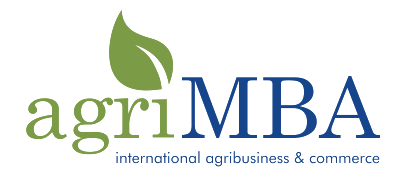| Course AGRIMBA
MODULE 5: AGRICULTURAL DEVELOPMENT & RURAL POLICY Unit 2: Green Economics Coordinators: Erdenechuluun Tumur, School of Economics and Business, MULS Lecturer: Ganzorig Gonchigsumlaa, MULS; Enkh-Amgalan Tseelei, SDC project manager, a Guest lecturer from the List of teachers within the AGRIMBA network (Annex 1) |
| THEME
Agricultural development economics |
| AIM
Learn green economics major concepts and obtain skills to apply the green economics concepts into the agribusiness |
| OBJECTIVES
To deliver a knowledge and skills of green economic development, implement of green fiscal reforms, and integrate green economy aspects to the agribusiness students studying economics |
| COURSE FORMAT
Blended e-learning Interaction with teachers and fellow students Self-guided group work |
| COURSE CONTENT
Principles of green economics Green Economy Policies Green Fiscal Reform (GFR): Rationale and Related Concepts and Instruments Green economy and economic sectors: Food, Agriculture, and Agribusiness related sectors |
| PRACTICAL CLASSES
Carrying out of business cases related to subtopics and tests |
| METHOD OF ASSESSMENT
Written and oral exam |
| RECOMMENDED READING
Allen, C., & Clouth, S. (2012). A guidebook to the Green Economy. UNDESA. Lindenber, N. (2014). Definition of Green Finance. German Development Institute. Pearce, D., Markandya, A., & Barbier, E. B. (1989). Blueprint for a Green Economy. London: Earthscan Publications Ltd. UNIDO. (2011). UNIDO Green Industry: Policies for supporting Green Industry. Vienna: UNIDO. |

Leave a Reply